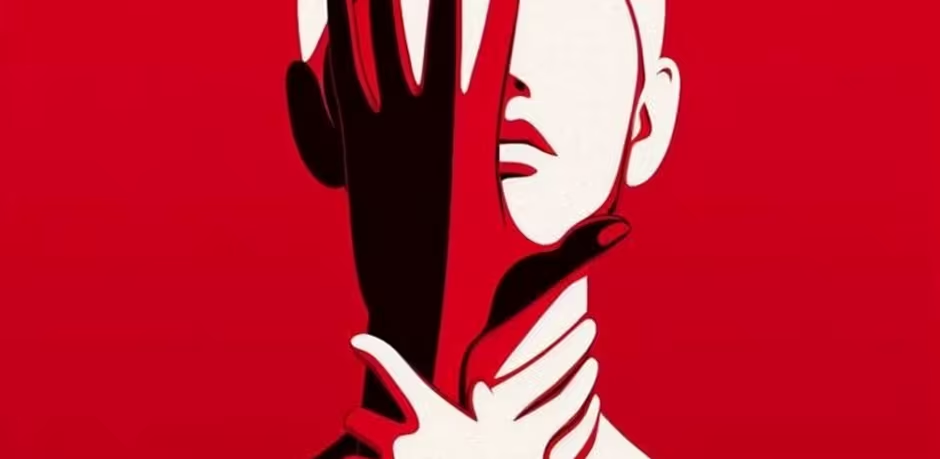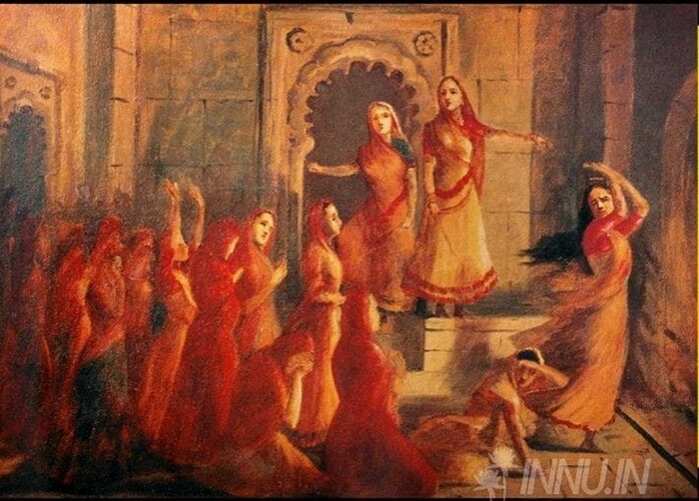She Serves, and the World Sleeps
Medium | 13.11.2025 19:04
She Serves, and the World Sleeps
(A woman’s letter to a society that still demands her sacrifice)
6 min read
·
Just now
--
There’s a kind of silence that sits in kitchens at 5 a.m.
The sound of a woman rising before the sun — not for worship,
but for duty.
She lights the stove, not incense.
She irons shirts, not her own dreams.
And somewhere between the whistle of the cooker and the world’s first yawn,
another generation learns what it means to serve.
I’ve watched my mother, my grandmother, my aunts —
women who remember everyone’s birthday but not their own,
women who feed everyone before they taste a bite,
women who know the pain of everyone but speak of none of theirs.
They don’t need calendars or clocks;
they measure time in sacrifices.
And I keep asking —
why, even now, must a girl be born to serve?
The Old Bones of a New World
We say we are modern now —
we have female presidents, fighter pilots, and CEOs.
But somewhere between the skyscrapers and hashtags,
the old bones of patriarchy still hold up the house.
Patriarchy isn’t just a man ordering a woman around.
It’s a system — ancient, invisible, stubborn.
It tells us men are to lead, women to follow.
Men are to earn, women to endure.
And over centuries, this lie has hardened into “culture.”
It’s why even today,
a woman’s worth is measured by how quietly she carries her pain.
Economics of Obedience
Let’s talk about the invisible math.
Women in India perform nearly ten times more unpaid care work than men,
according to the International Labor Organization.
Ten times.
That’s cooking, cleaning, caring for elders, raising children —
work that keeps economies alive but earns no wage, no pension, no applause.
Globally, the World Bank reports that women make up almost 39% of the workforce,
but are concentrated in the lowest-paid, least secure jobs.
When half the world’s population has less access to income,
they have less power to choose.
And dependency — not destiny — becomes the chain.
Economic freedom isn’t just about money.
It’s about the right to say no.
Violence as Language
Patriarchy speaks violence fluently.
According to the World Health Organization,
about 1 in 3 women worldwide has faced physical or sexual violence by an intimate partner.
In India’s National Family Health Survey (NFHS-5),
roughly 29% of ever-married women reported such violence.
Those are not numbers; they’re screams turned into statistics.
And still, when women are assaulted,
society asks what she was wearing,
where she was walking,
why she didn’t scream louder —
as if shame were her inheritance,
as if survival were a sin.
Violence is not just what happens in dark alleys.
It’s also the silences in bright living rooms,
where rage is justified if it’s male,
and endurance is holy if it’s female.

The Sacred Lies of Honor
“Don’t talk too loudly.”
“Don’t laugh too loudly.”
“Don’t make the family look bad.”
Honor.
That fragile, dangerous word.
For centuries, women have been killed in its name, burned for it, silenced by it.
From Sati and Jauhar to modern “honor killings,”
the message remains unchanged —
you are not your own; you are the property of reputation.
Even now, a widow is whispered about if she chooses to live.
A divorcee is pitied or blamed.
A single mother is made to prove her virtue every day.
Society calls it “tradition.”
But it is just control — dressed in sacred cloth.
A History Written in Women’s Ashes
History books say: men went to war.
But they forget to say: women burned on the pyre.
They forget the Sati fires,
where widows were expected to die beside their husbands,
and the Jauhars,
where queens were burned alive to protect a kingdom’s “honor.”
Even now, in quieter ways,
women are dying — in kitchens, in childbirth, in silence.
A report by UN Women in 2023 estimated that every 11 minutes,
a woman or girl is killed by someone in her own family.
This is not history. It’s happening.
The Everyday Gods of Sacrifice
Every home has its own altar.
Get Aarna Shrivas’s stories in your inbox
Join Medium for free to get updates from this writer.
In mine, the goddess of patience lives in the kitchen.
Her name is Maa.
She does not eat until everyone has eaten.
She does not rest until everyone sleeps.
She is love, yes — but also labor.
No man is asked to die in bits every day like this.
No man’s worth is tied to how well he remembers birthdays or how clean his collar is.
And yet, we call her lucky to serve.
Why Hasn’t It Ended Yet?
Because patriarchy is clever.
It evolves.
It wears modern clothes and speaks in “equal partnership” tones,
but the division of labor, the expectations, the judgment —
they remain.
Even laws can’t fully break it.
The Domestic Violence Act, the Prohibition of Child Marriage Act,
the Maternity Benefit Act — they exist,
but enforcement lags behind,
and mindsets lag even further.
It’s easier to change the law
than to change the dinner table.
The Child Brides, The Silenced Girls
UNICEF estimates that 12 million girls are still married off each year before turning 18.
Some of them are 14, pregnant, denied abortions by courts or customs.
Their childhoods become footnotes to someone else’s honor.
Their voices — erased before they ever learned to speak up.
And then we call it fate.
But it’s not fate — it’s policy, silence, and fear working together.
What Freedom Should Look Like
Freedom is not a trophy to display on Independence Day.
It’s a full plate of food your mother eats first.
It’s a little girl saying no and being heard.
It’s a woman laughing loudly in public
without the world turning to stare.
It’s choice — simple, private, radical choice.
We need:
- Economic freedom: land, jobs, and pay that count.
- Legal protection: fast, fair, fearless justice.
- Cultural reform: teaching boys empathy, not entitlement.
- Care infrastructure: so a woman’s time is her own.
- Representation: women in rooms where decisions are made.
Until that happens,
equality will remain a headline — not a home.
She serves.
She kneads the dough of duty
and bakes the bread of silence.
She carries the house on her spine,
the family on her wrists,
and the world on her tired tongue.
But listen —
beneath the hum of washing machines and whispered prayers,
there’s another sound rising:
the clatter of keys,
the march of feet,
the thunder of women who have stopped apologizing for existing.
The day she stops serving —
not out of hate, but out of awakening —
that day,
the earth will tilt towards justice.
Until Then
To every woman reading this: your anger is holy.
To every man: your silence is a choice.
And to every society that still asks girls to serve —
remember, the day they stop,
you will know what unpaid love kept the world running all along.
Author’s Note:
This essay draws on data from the World Health Organization (2021–2023 reports on violence against women), UNICEF (2023 child marriage estimates), the International Labor Organization, UN Women (2023 femicide statistics), and India’s National Family Health Survey (NFHS-5, 2019–2021).
Thank you for reading.😊
This article is published in Women Write Publication. A growing, strong community built by women for women. All thoughts are welcome.
To join this community, read these submission guidelines.









